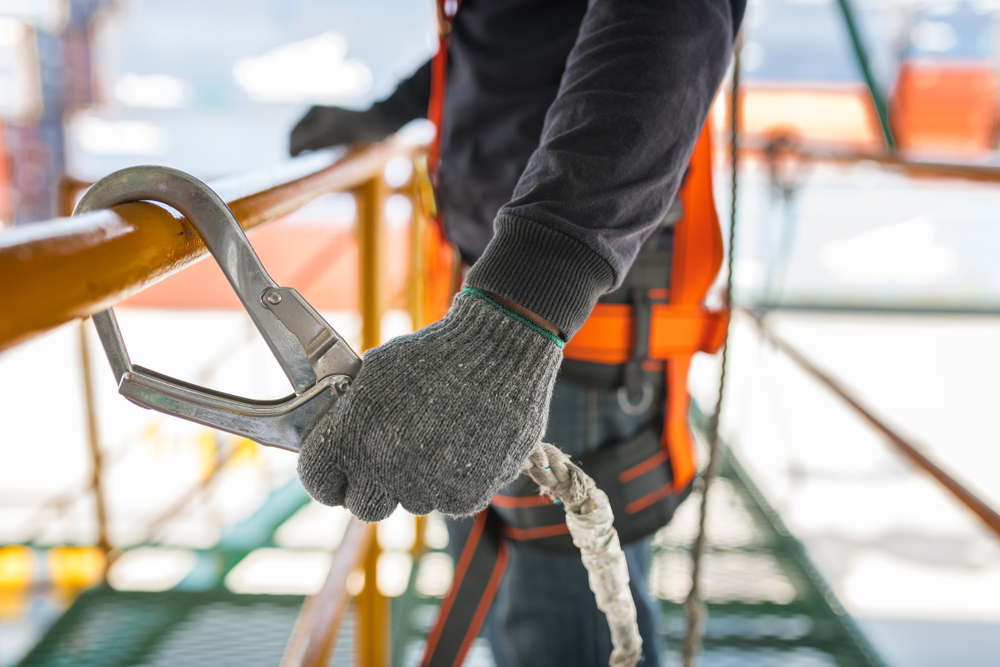
Statutory workers’ compensation insurance is the oldest line of social insurance in Finland. The first legal provisions for occupational accidents and injuries insurance were made 125 years ago in 1895. Finland was the fourth country in the world to make the compensations statutory.
The Finnish Federation of Accident Insurance Institutions was founded on 27 March 1920. The name was since changed to Workers’ Compensation Center (TVK) in 2016.
The principal responsibility of TVK is to coordinate the practical application of workers’ compensation.
“By compiling statistics on occupational accidents and diseases as well as their reasons and consequences, we work to improve safety at Finnish workplaces”, says TVK’s Managing Director Janne Reini.
TVK analyses data collected on accidents at work and shares the findings with other stakeholders in society. Another responsibility of TVK is to pay accident compensation in cases where the employer did not have a valid insurance policy for the work provided. TVK is responsible for supervising employers in this regard to keep such cases as few as possible.
At the time of the Centre being founded, there were 12 domestic and one foreign insurance company providing workers’ compensation insurance in Finland. Today, its members include 11 non-life insurance companies engaged in workers’ compensation insurance, as well as the State Treasury and the Farmers’ Social Insurance Institution of Finland, Mela. TVK’s administration also involves central labour market organisations, with whom TVK cooperates closely to develop and improve Finnish insurance.
“Our 100th anniversary celebrations are less festive than planned, with everyone working remotely due to the coronavirus situation. We were forced to move our anniversary seminar forward. We will be sure to celebrate our long history properly once the epidemic has been defeated”, Janne Reini says.